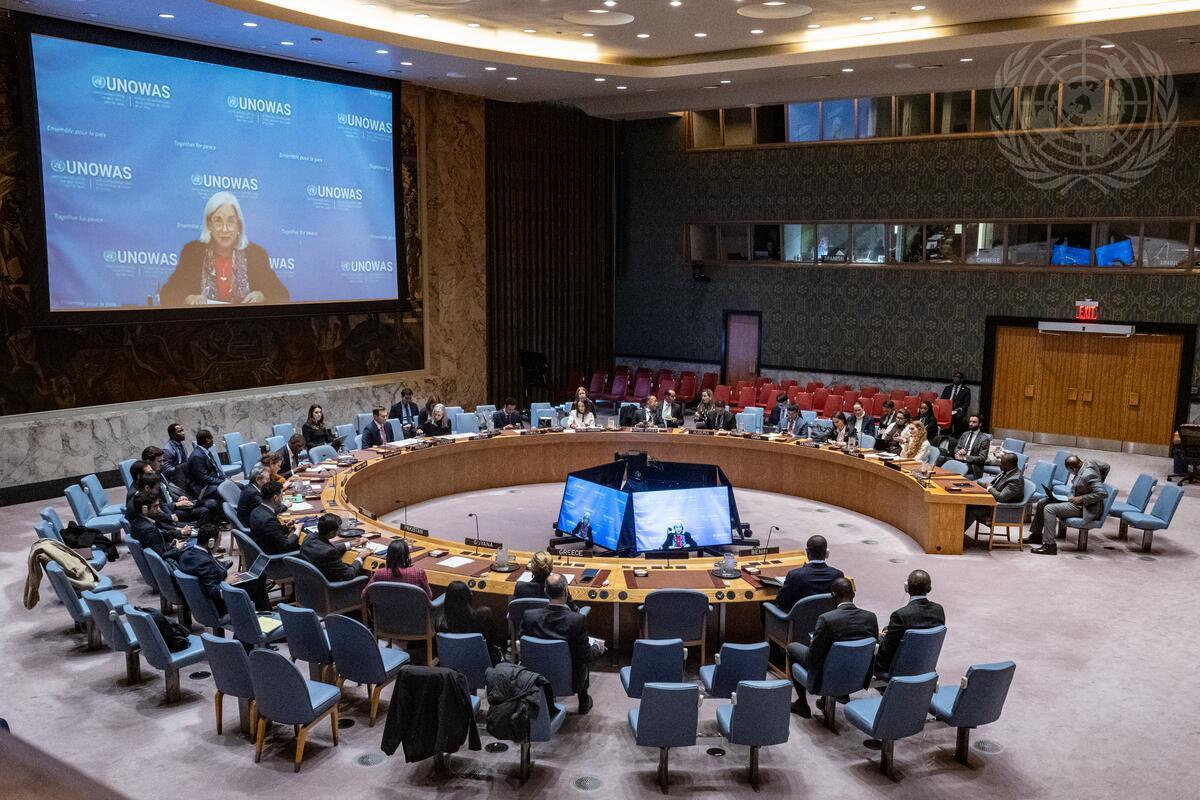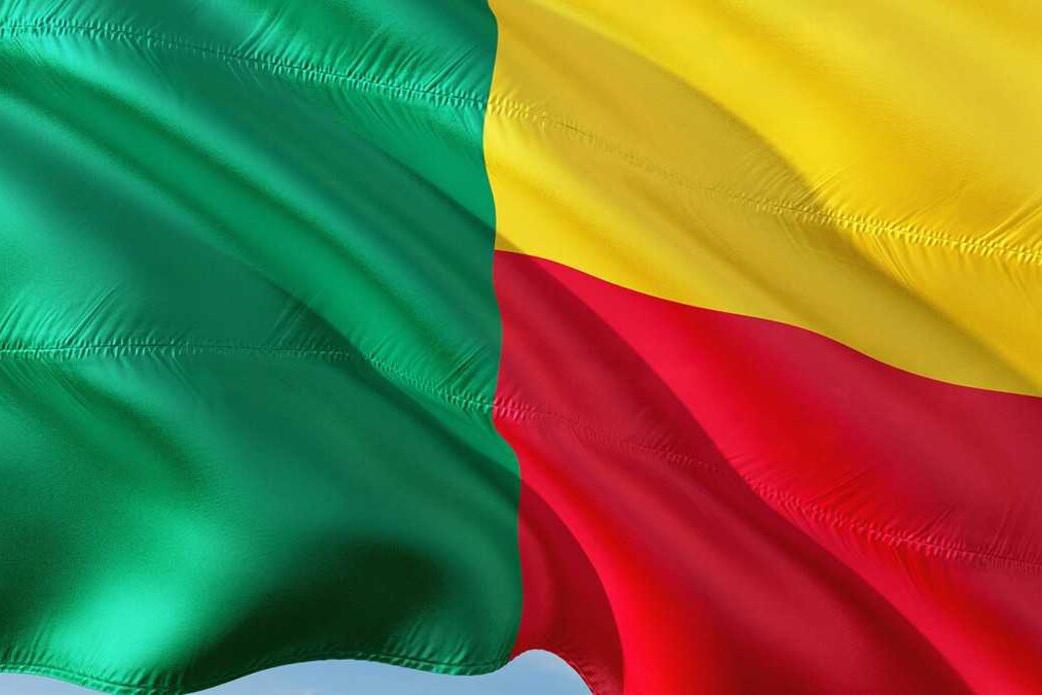Through the SWEED project, UNFPA in partnership with the governments of the region, and other regional and international partners, has enabled thousands of young women and men to contribute to the economic growth and sustainable development in the Sahel.
In most countries of the Sahel region, remarkable efforts to stimulate economic growth of around 5% per year over the past two decades have been engulfed by rapid population growth, which exacerbates poverty levels: In some countries, thousands of women die each year from preventable causes related to pregnancy, millions of children are deprived of education and end up on the streets due to poverty and early marriage. To respond to these challenges and improve the well-being of people in the Sahel region, UNFPA, as part of the implementation of the United Nations Integrated Strategy for the Sahel (UNISS), has undertaken several initiatives focused on contribution of the demographic dividend, the empowerment of women and young people, and the resilience of communities in the face of radicalization and violent extremism.
The impact of SWEDD, which primarily targets women, girls and adolescents, is concrete and visible in various areas
The SWEDD project
Increasing the access of women and adolescent girls to sexual and reproductive health, in particular voluntary family planning and maternal health, is one of the objectives of the Sahel Women's Empowerment and Demographic Dividend (SWEDD) project which is currently operating in seven countries, namely Burkina Faso, Mali, Côte d'Ivoire, Mauritania, Niger, Chad and Benin with the financial support from the World Bank, technical support from the United Nations Population Fund (UNFPA) and the West African Health Organization. This initiative is also part of the commitment made by the governments of the Sahel countries to accelerate the demographic transition, capture the demographic dividend and reduce gender inequalities in the Sahel region.
Launched in November 2015, for an initial period of three years, the SWEDD was due to end on 31 December 2018, but because of the achievements, the potential of beneficiaries change revealed by studies and the wide interest generated by the project in other countries, the World Bank, in agreement with involved countries, has decided to extend its financial and technical support until 31 December 2023.
With the support of UNFPA, the implementation strategy of the SWEDD project is based on the principles of empowerment and active participation of partners, with a management focused on results and action. The SWEDD project was conceived following an analysis of the situation in the Sahel region, characterized by low levels of education, especially among girls, high levels of poverty, food insecurity, gender disparity, low levels of contraceptive use, persistently high levels of fertility, and multiple constraints that negatively impact on security and development.
The SWEDD project focuses on three major actions: creating demand for reproductive, maternal, newborn, child and nutritional health commodities and services by promoting social and behavioral change, empowering women and adolescent girls, and building regional capacity to improve the supply of reproductive, maternal, newborn, child and nutritional health commodities as well as skilled personnel.
10,154 midwives have been trained in new technologies and their numbers have increased by 15.2%. In its four years of existence, SWEDD has led to an increase in contraceptive prevalence with more than 4,302,000 women using modern contraceptive methods and a rise of the secondary school completion rate for girls from 35.1% to 40.3% between 2015 and 2018. It has also led to an improvement in the average income of women and a decrease in the number of child marriages.
Its implementation is reflected in concrete actions on the ground in several regions of the countries covered by the project: awareness-raising campaigns have reached more than 627 million people on reproductive, maternal and child health; training activities have enabled 106,263 girls and adolescents to benefit from support for school enrolment and retention. 99,704 girls and young women have been trained in income-generating activities, and 102,600 out-of-school girls now have a second chance thanks to the establishment of 3,420 safe spaces.
Through the establishment of 1,640 clubs for husbands and husband-to-be in Niger, Côte d'Ivoire, Mauritania, Burkina Faso and Chad, the participation of men and boys for better gender equality is promoted. This transformative approach to gender can create an enabling environment for women's empowerment within the family as well as in the community at large. By promoting gender-equitable attitudes and behaviors) and encouraging normative change through community mobilization, the project addresses some of the root causes of early marriage and early childbearing.
The impact of SWEDD, which primarily targets women, girls and adolescents, is concrete and visible in various areas. Indeed, SWEDD contributes to improving children's health and nutrition, strengthening girls' education and fighting against scourges such as early marriage, harmful socio-cultural practices, female genital mutilation, levirate, and clandestine abortions. to improve the level of empowerment of women and adolescent girls and their access to quality reproductive, child and maternal health services through education and increased knowledge of nutrition and reproductive, maternal, newborn and child health of the female population.
SWEDD holds great promise for reducing adolescent and young women's vulnerability and gender inequalities in Africa. The project lays the foundation for capturing the demographic dividend. By helping to improve opportunities for women and girls, they will play a greater part in the economic growth and sustainable development of the Sahel and the continent.
This article is published in the UNOWAS Magazine N10 -> Download here






